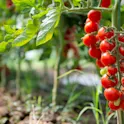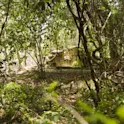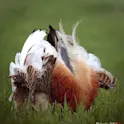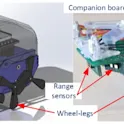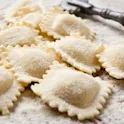
Climate action
08 Dec 2022
Flocking to fire: wildfires don’t deter Americans from moving to at-risk regions
by Angharad Brewer Gillham, Frontiers science writer Image/Shutterstock.com Scientists investigated whether environmental hazards put people off moving to regions at risk and found that heatwaves and hurricanes deter newcomers, but wildfires don’t. The climate crisis has caused humans to move both within their countries of origin and across borders. Although climate migration is often treated as a phenomenon of the ‘global south’, a team of scientists led by Mahalia Clark at the University of Vermont (UVM) turned the spotlight on the US. The US has experienced numerous destructive weather events recently, which have killed and injured many people and done billions of dollars of damage. But the team found that despite the death toll, more people are moving to areas in the United States that are at serious risk of wildfires. “Our original motivation was the increasing number of headlines each year about record breaking heat waves, hurricanes, and wildfires,” said Clark, a researcher at UVM’s Gund Institute for Environment. “I had been studying natural amenities — features of the climate and environment that are attractive to movers — but I began to wonder if the threat of these hazards might have a deterring effect on migration.” Read original article […]
